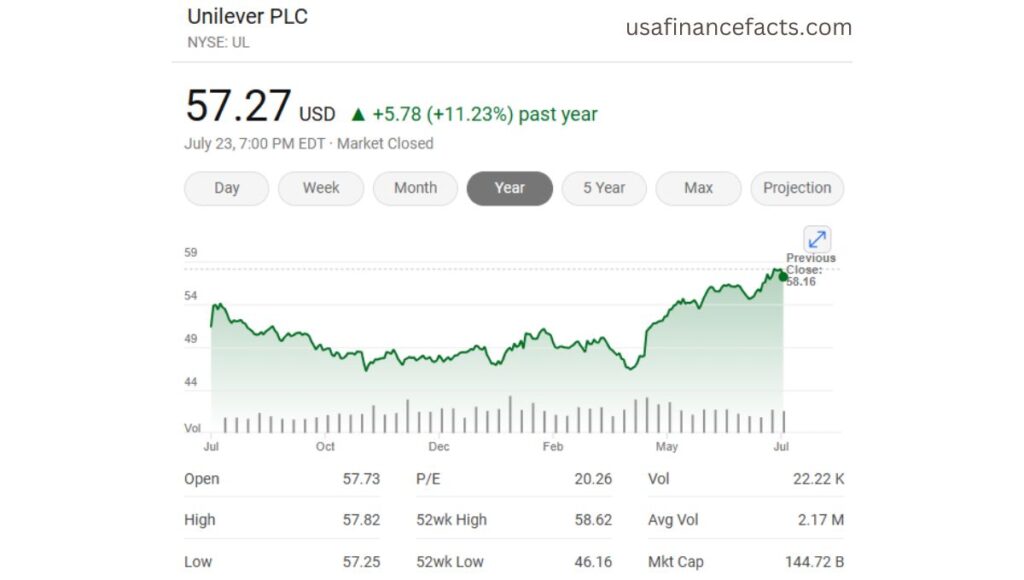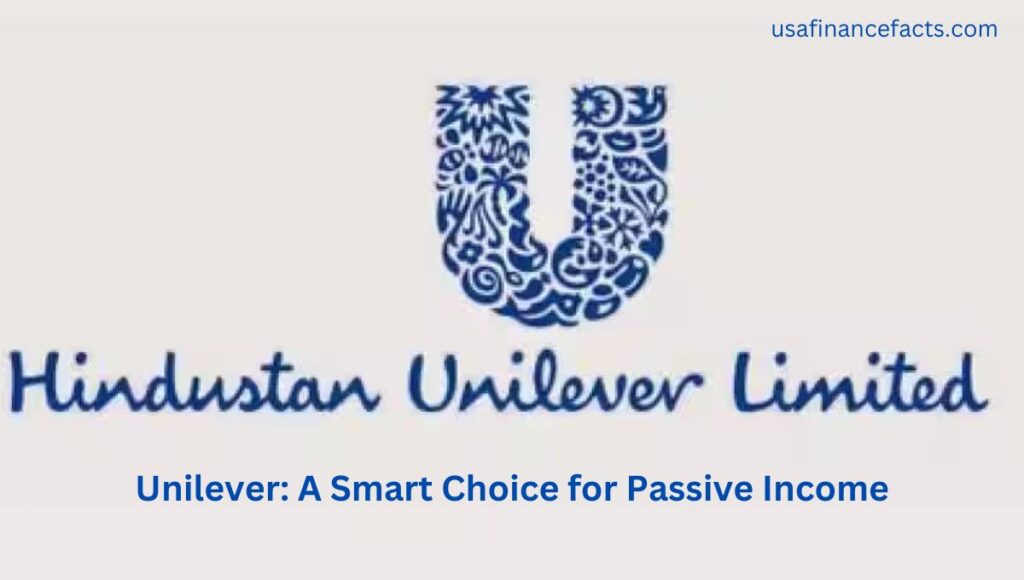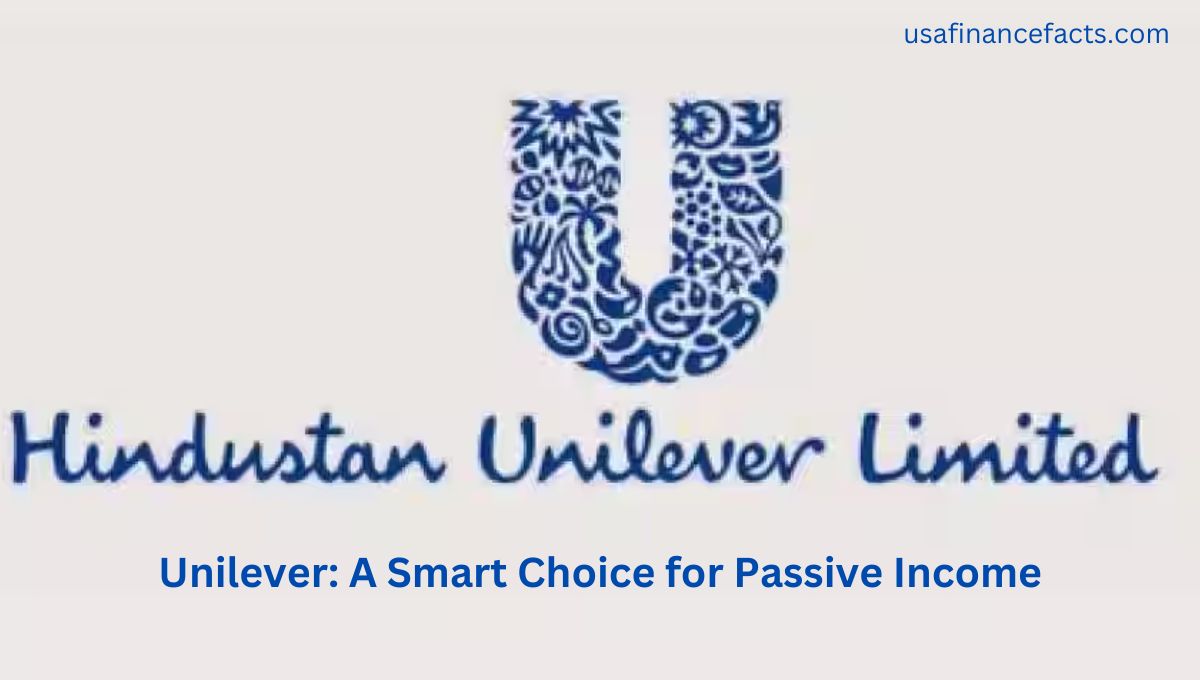Unilever: Build a passive income stream by investing in companies that share their profits with shareholders. One company that stands out for its potential to deliver decades of dividend growth is Unilever (LSE:ULVR). With its strong brand portfolio and steady demand, Unilever can reduce its share count and increase dividend payments without needing significant business growth.
Warren Buffett’s investment in Coca-Cola (NYSE:KO) is a prime example of the power of dividend growth. His 1994 investment earned $75m in dividends, which increased to $704m in 2022 without reinvesting dividends. This was due to Coca-Cola’s growing dividend per share, partly driven by share buybacks.
While Unilever may not replicate Coca-Cola’s exact success, it shares similarities. Unilever has been reducing its share count through buybacks, which can boost dividends per share even without business growth. This steady approach can lead to a durable passive income for investors.
Unilever’s growth prospects are promising, driven by its diverse brand portfolio and extensive distribution network. However, investors should be aware of the risk of consumers switching to cheaper alternatives during economic downturns.
Unilever Company Overview:
Unilever is a British-Dutch multinational consumer goods company headquartered in London, United Kingdom, and Rotterdam, Netherlands. The company was formed in 1930 through the merger of British soapmaker Lever Brothers and Dutch margarine producer Margarine Unie.
Unilever operates in over 190 countries, with a portfolio of over 400 brands across various categories, including:
- Beauty & Personal Care (e.g., Axe, Dove, Lux)
- Food & Beverages (e.g., Knorr, Lipton, Magnum)
- Home Care (e.g., Surf, Omo, Cif)
Unilever Fundamentals:

- Market Capitalization: £120 billion (approximately $150 billion USD)
- Revenue (2022): €52.3 billion (approximately $57.5 billion USD)
- Net Income (2022): €7.2 billion (approximately $8.1 billion USD)
- Dividend Yield: 3.5%
- P/E Ratio: 20.5
Shareholding Pattern of Unilever
The shareholding pattern of Unilever, also known as Hindustan Unilever Ltd., is as follows:
- Foreign Promoter: 61.9%
- DIIs (Domestic Institutional Investors): 14.13%
- FIIs (Foreign Institutional Investors): 11.87%
- Others: 12.1%
Shareholding Pattern Details
- Promoters: 0%
- Foreign Institutions: 278,808,350 (11.87%)
- Banks/Mutual Funds: 130,999,391 (5.58%)
- Central Government: 1,177 (0%)
- Others: 34,350,585 (1.46%)
- General Public: 249,293,364 (10.61%)
- Financial Institutions: 201,725,537 (8.59%)
Additional Information
- Market Capitalization: ₹ 6,53,175 Cr (as of 23-Jul-2024)
- Total Asset Value: ₹ 78,489 Cr (as of 31-Mar-2024)
Unilever Current News:
- Unilever has announced plans to acquire a majority stake in the Italian ice cream company, Grom.
- The company has set ambitious targets to reduce greenhouse gas emissions from its operations and supply chain.
- Unilever has launched a new sustainability initiative, “Clean Future,” aimed at reducing plastic waste and increasing recycling.
- The company has reported strong Q2 earnings, with underlying sales growth of 8.1%.
- Unilever has announced a new partnership with the World Wildlife Fund (WWF) to promote sustainable agriculture practices.
Why should I invest in Unilever?

Here are some reasons why you may consider investing in Unilever:
- Diversified Portfolio: Unilever has a vast portfolio of over 400 brands across various categories, reducing dependence on a single product or market.
- Global Presence: With operations in over 190 countries, Unilever has a significant global footprint, providing a hedge against regional economic downturns.
- Strong Brand Recognition: Unilever’s brands, such as Axe, Dove, and Knorr, are well-known and trusted globally, driving customer loyalty and repeat business.
- Consistent Dividend Payments: Unilever has a history of paying consistent dividends, providing a regular income stream for investors.
- Sustainability Focus: Unilever’s commitment to sustainability and environmental responsibility can attract socially conscious investors and reduce long-term risks.
- Resilience: As a consumer goods company, Unilever’s products are essential to daily life, making the business more resilient during economic downturns.
- Growth Potential: Unilever’s expansion into emerging markets and strategic acquisitions offer opportunities for growth.
- Strong Financials: Unilever has a solid balance sheet, with a healthy debt-to-equity ratio and significant cash reserves.
- Experienced Management: Unilever’s leadership team has a proven track record of driving growth and innovation.
- Long-term Approach: Unilever’s focus on long-term sustainability and growth aligns with investors seeking stable, long-term returns.
Disclaimer: Please note that investing in the stock market always involves risk, and it’s essential to do your own research, consider your financial goals, and consult with a financial advisor if needed.
Read More:
- Croda International: A Dividend Aristocrat with a Crashing Share Price
- BTCC Exchange: Makes a Splash at Paris Blockchain Week 2024
Conclusion:
In conclusion, Unilever is an attractive option for passive income investors seeking long-term growth. While the growth may be incremental, the company’s steady approach and share buybacks can lead to consistent dividend increases, making it a reliable choice for investors.

